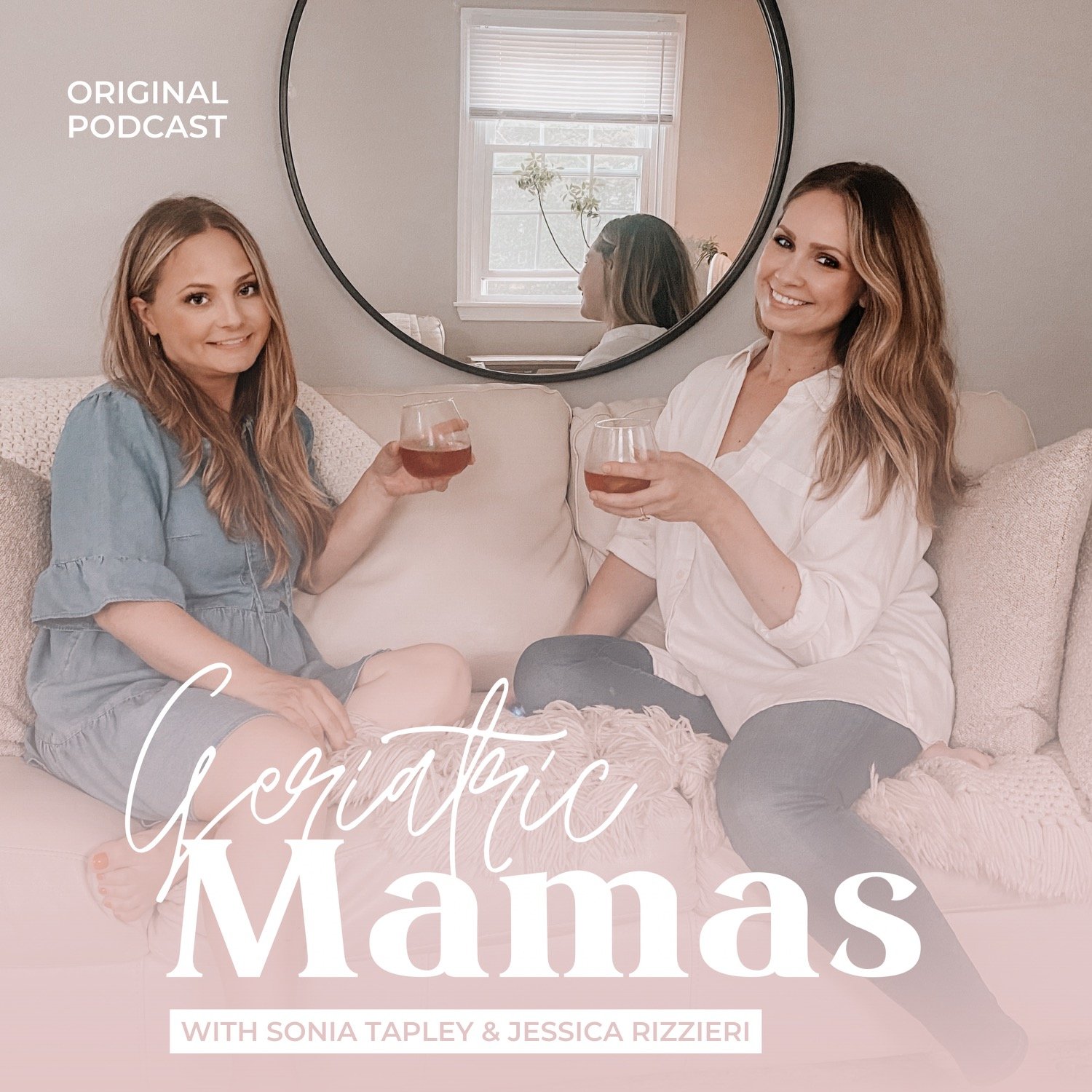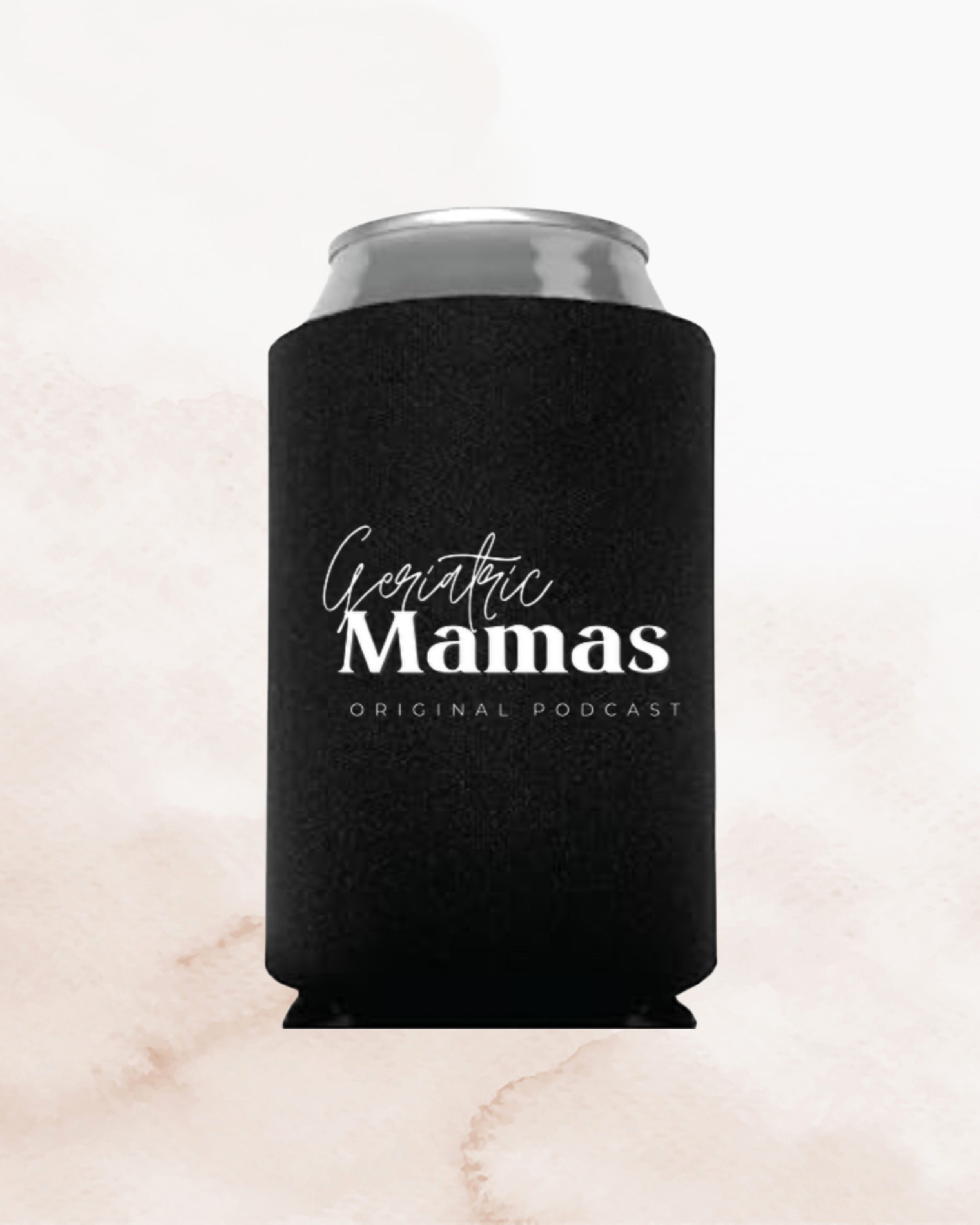Eating for Fertility: Secrets to Optimizing Ovarian Health with Food!
On this episode, Sonia and Jessica discuss nutrients found in certain foods that can improve reproductive health, as well as which foods and substances to avoid while trying to conceive. They also weigh-in on the Mediterranean diet and the Whole30 diet as potential dietary approaches to optimize fertility. Disclaimer: Beef liver might have one of the highest concentrates of folate, (but there are also a supplements for that if you’re not a beef-liver-eating kind of girl.)
Resources mentioned in this episode:
Eating For Fertility Blog Post by Jessica:
When it comes fertility, what you eat plays a huge role in overall reproductive health. Certain foods containing high amounts of omegas found in seafood, certain nuts, and fish oil, can help increase the quality of a woman’s eggs and delay ovarian aging. While foods that contain high amounts of caffeine, alcohol, saturated fats, sugar, preservatives, and flour should be avoided as they can cause inflammation and potentially have a harmful effect on the cells lining a woman’s womb. Also, they make you fat… so there’s that. LOL.
I remember when I first turned to Dr. Google to learn about ways of improving egg quality and increasing fertility, I felt very overwhelmed. One blog would say to avoid cheese because it’s high in artificial growth hormones, while another would say dairy is beneficial to fertility… One medical journal would say to avoid coffee completely, while another would say a cup a day was fine… Rather than picking and choosing which diet felt the easiest to follow (hint, it was the one that said I could have coffee!), I decided to turn to science… (GeriatricMamas.com)
Mediterranean Diet Plan for Fertility & IVF Success:
Loads of good information can be found online around fertility, but there is also plenty of misinformation. If you have searched around on the subject of diet and fertility before, you might have seen a lot of information regarding having a ‘Mediterranean diet’ and the benefits that are associated with it. A Mediterranean diet is not a restrictive diet, it is simply a lifestyle based on the traditional foods and healthy living habits of people from countries like Greece, Italy and Spain. The MedDiet is simple yet varied and allows you to have flexibility in what you eat, based on your preferences. Because it involves the consumption of foods that are high in essential nutrients, like healthy fats and lots of vitamins, it is often recommended to women trying to conceive to increase their chances of getting pregnant. (FertilityFamily.co.uk)
Mediterranean Diet vs. Whole30:
Understanding the Mediterranean Diet
The Mediterranean diet is based on the traditional eating habits of people who live in countries bordering the Mediterranean Sea, such as Greece, Italy, and Spain. This diet emphasizes whole foods, such as fruits, vegetables, legumes, whole grains, and lean proteins like fish and poultry. It is low in saturated fats and processed foods and is known to reduce the risk of heart disease, stroke, and diabetes. The Mediterranean diet also allows for moderate consumption of red wine and other fermented beverages, such as kefir or kombucha.
In addition to its health benefits, the Mediterranean diet has also been linked to improved cognitive function and a reduced risk of depression. This is thought to be due to the high intake of omega-3 fatty acids found in fish, as well as the abundance of antioxidants in fruits and vegetables. Another key aspect of the Mediterranean diet is the importance placed on social eating and mealtime rituals. Meals are often enjoyed with family and friends, and there is a focus on savoring the flavors and enjoying the experience of eating. This emphasis on mindful eating and social connection has been shown to have a positive impact on overall well-being and mental health.
Understanding the Whole30 Diet
The Whole30 diet is a short-term dietary plan that involves cutting out certain food groups for 30 days. The main purpose of the Whole30 diet is to reset your body and help you identify any food sensitivities. During this period, you eliminate grains, legumes, dairy, sugar, and processed foods. You are also encouraged to consume plenty of whole foods, such as vegetables, fruits, and lean proteins.
Additionally, the Whole30 diet emphasizes the importance of reading food labels and avoiding any ingredients that are not compliant with the program. This means that you need to be aware of hidden sugars, additives, and preservatives that may be present in packaged foods. Another key aspect of the Whole30 diet is the focus on cooking and preparing your own meals. This allows you to have complete control over the ingredients that you consume and ensures that you are eating whole, nutrient-dense foods. While this may require more time and effort in the kitchen, many people find that they enjoy the process of cooking and experimenting with new recipes during the 30-day program. (CasaDeSante.com)
Reminder: Listeners can receive 20% off services at Ageless Medical Aesthetics in Westbrook, ME with Code: MAMAS2024 when you follow them on instagram! Also receive a Free First Swim Class at Goldfish Swim in Portland, Maine with same code: MAMAS2024; you’ll need to call them to schedule your little one’s first class.
Thanks for listening and checking out the show notes!
Please follow, subscribe, rate and review the Geriatric Mamas!
Tell a friend! We need your support!
You can follow us on instagram at @geriatric_mamas, on Twitter at @geriatricmamas, and follow our facebook page and our Geriatric Mamas group page.
If you have a topic idea you’d like us to discuss, are interested in being a guest, or simply have a funny geriatric story to tell, you can let us know HERE!
Check out the Geriatric Mamas Swag!
Have a question, comment or correction for the first episode of Geriatric Mamas? Leave it for us here!
Send Us Your Story!
Calling all geriatric mamas! We're looking for women of advanced maternal age who are pregnant, trying to get pregnant, battling infertility, have gone through surrogacy, fostering, adoption or have plans to be a mama in the future to share their stories! Would you like to write in your story or possibly be a guest on the show? We would love to hear from you!
We now also want to hear about your ‘crusty ovaries’ and ‘moldy eggs’!
Has a Doctor ever said some crazy shit to explain your geriatric fertility situation?! Please share it with us below so that we can weigh in on an upcoming episode!
Disclaimer:
Please consult your physician for personalized medical and health advice. Always seek the advice of a physician or other qualified healthcare provider with any questions regarding a medical condition, your pregnancy, birth plan and post-partum treatments.
Never disregard or delay seeking professional medical advice or treatment because of something you have heard on the Geriatric Mamas podcast or website.





